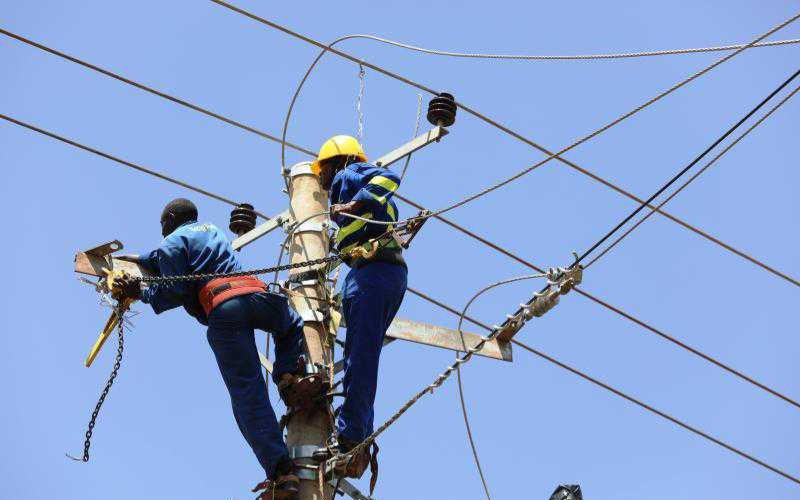
Kenya is walking towards powerlessness in terms of erratic electricity generation, transmission and distribution from the Kenya Power Company, Kenya Electricity Generating Company (KenGen) and the Kenya Electricity Transmission Company (Ketraco). Although these firms have done commendable work, objectively there is still a lot of room for improvement.
Electricity powers industrialisation, powers electrical appliances and lights up homes, among other priceless uses. Unfortunately, millions of Kenyans still either can’t access this power or harbour a painful story about the power received due to mind-boggling inefficiencies by the Kenya Power. Kenya’s installed electricity generation capacity of 2,763 MW is insufficient for powering our economy and meeting the energy needs of 50 million Kenyans. Unfortunately, about 25 per cent of this power is lost during transportation.